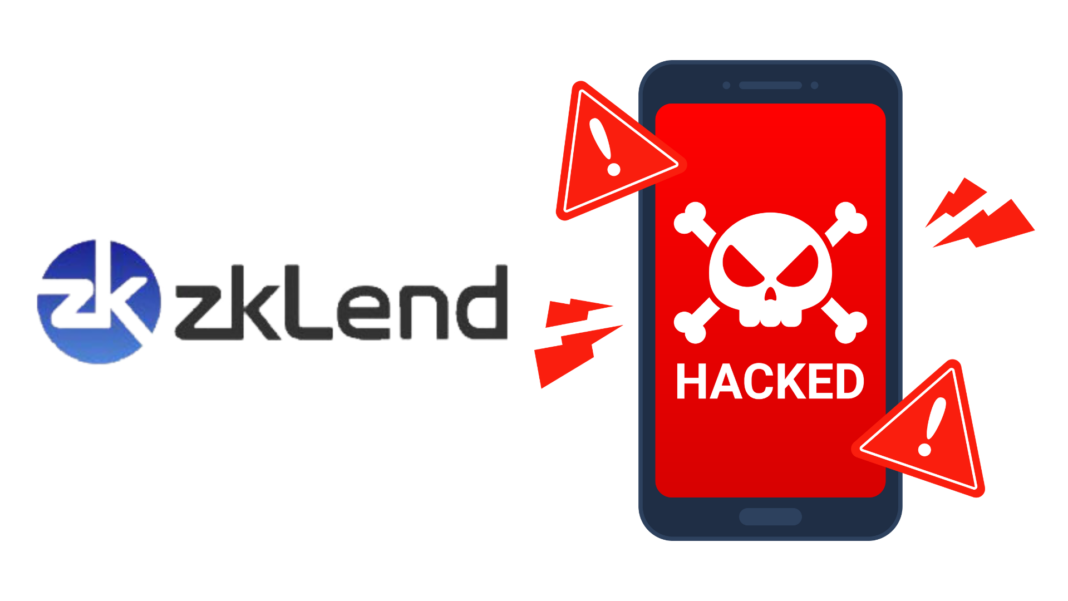Decentralized lending platform zkLend has confirmed a significant security breach, with hackers stealing over $10 million in digital assets.
The attack has further fueled concerns about the vulnerability of DeFi protocols, which have become prime targets for cybercriminals.
In an attempt to recover the stolen funds, zkLend has extended a 10% bounty offer to the hacker, allowing them to retain $1 million if they return the remaining amount.
The approach, commonly used in the crypto industry, seeks to incentivize hackers to return stolen funds rather than disappearing entirely.
However, the attack’s broader implications suggest persistent security flaws that could leave other DeFi projects exposed to similar threats.
Strong Evidence Links zkLend Hack to 2023 EraLend Exploit
Cybersecurity researchers have identified strong similarities between the zkLend hack and the 2023 EraLend exploit, suggesting that the same attacker may be behind both incidents.
SlowMist’s Yuxian and blockchain investigator Cosine have analyzed the technical aspects of both breaches and found matching attack patterns and methodologies.
The EraLend hack, which also resulted in millions of dollars in losses, exploited weaknesses in smart contracts—vulnerabilities that appear to have been leveraged once again in the zkLend attack.
The issue raises fears that a well-organized attacker is systematically targeting DeFi platforms with known security flaws, emphasizing the need for enhanced security measures across the sector.
Also Read: Crypto Casino Metawin Loses $4 Million In Growing Incidents Of Crypto Wallet Hacks
Ongoing Pattern of DeFi Hacks Highlights Industry-Wide Security Gaps
The apparent connection between the zkLend and EraLend hacks has intensified concerns over the recurring vulnerabilities in decentralized finance.
Security firms have warned that attackers often reuse successful exploit techniques across multiple platforms, taking advantage of inadequate security measures.
The incident underscores the urgent need for DeFi projects to conduct more thorough security audits, implement real-time monitoring, and strengthen smart contract protections.
With cyber threats evolving rapidly, many experts believe that DeFi platforms must adopt proactive defense strategies to prevent becoming the next target in an increasingly dangerous landscape.
Industry Response and Growing Regulatory Scrutiny
The zkLend hack, along with its suspected link to the EraLend attack, is expected to trigger heightened regulatory scrutiny on DeFi security practices.
As billions of dollars are locked in DeFi platforms, the frequency of these hacks is eroding investor confidence.
Some critics argue that offering bounties to attackers, while practical for fund recovery, could set a dangerous precedent by rewarding malicious behavior.
Meanwhile, the broader crypto industry has been grappling with an increasing wave of cyberattacks.
Recent incidents include a $200K security breach on the BNB Chain-based Four.Meme platform.
Also, a $3.5 million crypto fraud exposed by ZachXBT, involving hacked social media accounts promoting fraudulent memecoins.
As zkLend awaits a response from the attacker, the case will likely serve as a critical test for how DeFi projects handle security threats and the potential for future attacks.


